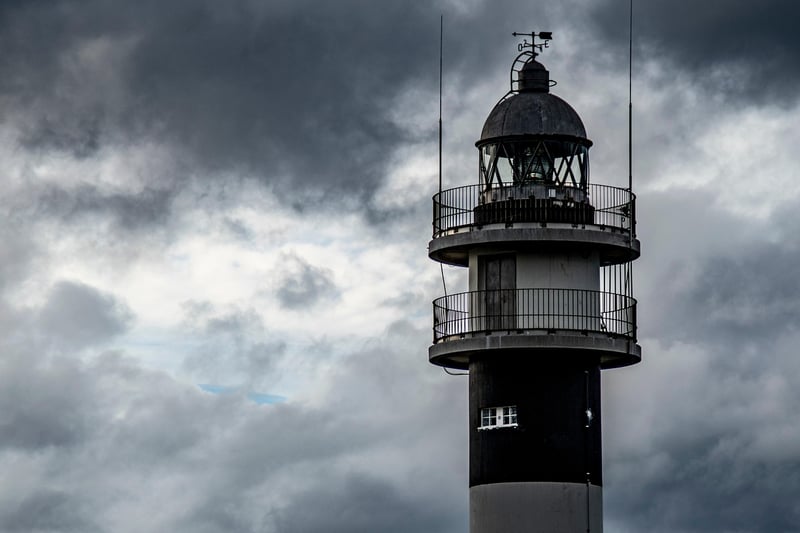Navigation Skills
Enhance Your Expedition + Navigation Skills
Embarking on an expedition, whether in the wilderness or urban environment, requires a combination of skills to navigate safely and effectively. Enhancing your navigation skills can make your journey more enjoyable, reduce the risk of getting lost, and help you explore new places confidently. Here are some tips to boost your expedition navigation skills:
1. Learn to Read Maps
Maps are essential tools for navigation. Familiarize yourself with different types of maps, understand symbols and scales, and practice interpreting contour lines to visualize the terrain. Online resources and map-reading courses can help you improve this skill.
2. Use a Compass
A compass is a reliable navigation tool, especially in areas where GPS signals may be weak. Learn how to orient yourself using a compass, take bearings, and follow a heading. Practice using a compass in various environments to build confidence.
3. Understand GPS Devices
Global Positioning System (GPS) devices are valuable for pinpointing your location, tracking routes, and setting waypoints. Familiarize yourself with the functions of your GPS device, including how to input coordinates, navigate to a destination, and use mapping features.
4. Develop Landmark Recognition
Train yourself to identify prominent landmarks such as mountains, rivers, and distinctive buildings. Using landmarks as reference points can enhance your navigation skills, especially when maps or GPS devices are not available.
5. Practice Dead Reckoning
Dead reckoning involves estimating your current position based on a previously known location, direction of travel, and distance covered. Regularly practice dead reckoning to improve your ability to navigate without external aids.
6. Join Navigation Workshops or Orienteering Events
Participating in navigation workshops or orienteering events can provide hands-on experience and guidance from experts. These activities offer practical exercises to sharpen your navigation skills in real-world scenarios.
7. Stay Safe and Plan Ahead
Before setting out on an expedition, ensure you have a detailed itinerary, inform someone about your plans, pack essential navigation tools, and familiarize yourself with the area. Stay alert, follow safety guidelines, and be prepared for unexpected challenges.
By honing your expedition navigation skills through practice and learning, you can enhance your outdoor experiences and navigate with confidence in diverse environments.

